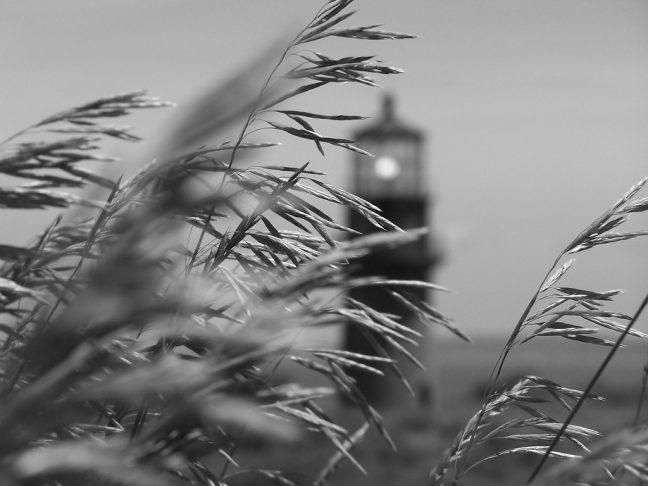The reason I love movies is because, for two hours, I can enter another world. All my worries and doubts take a back seat, and I become a part of a new reality. This is especially the case for Robert Eggers’ “The Lighthouse,” starring Willem Dafoe and Robert Pattinson.
Dafoe plays Thomas Wake, a seasoned lighthouse keeper with more than a few loose screws. He is established as a fanatical, abusive boss to Robert Pattinson’s character. Ephraim Winslow (Pattinson) begins as the polar opposite of Wake, following the rules, refusing to drink and dismissing the superstitions Wake holds dear. The audience watches the film through Winslow’s perspective. We have the same reactions as him, especially when interacting with Wake.
Dafoe gives one of his most memorable performances, which is saying a lot. Similarly, Pattinson gives what I believe to be his best performance to date. He has quickly made up for the Twilight Saga over the past few years with films like “Good Time” and “High Life.” He has a new film out on Netflix as well and will be the next actor to don the cape and cowl as Batman in 2021.
“The Lighthouse” is Eggers’ follow up to his critically acclaimed 2015 debut, “The Witch.” Much like his first film, Eggers does a fantastic job of creating an eerie, ominous atmosphere. Every aspect from lighting to editing to sound design and set design builds an unsettling mood.
Unlike “The Witch,” this film is shot entirely in black and white, and, after seeing it, I cannot imagine it any other way. Along with the black and white, the film is shot in a 1.19:1 aspect ratio, similar to silent-era films of the early 20th century. The boxy aspect ratio enhances the feeling of isolation, covering just over half of the screen.
The film starts with a menacing doomsday-like foghorn from the lighthouse which can be heard intermittently throughout the movie. The score is very stripped, mostly relying on high pitch tones and deep horns sounding like didgeridoos. Mark Korven — who oversaw sound design — is a master at balancing loud, bombastic music with quiet, understated music. The dramatic shifts in music mirror the shift in Pattinson’s character.
The film is marketed as a horror/thriller, which is evident in the trailer. Simply labeling it as such would be a disservice, though. “The Lighthouse” is exceptionally unique, and it crosses multiple genres, which makes it so gripping to watch. While there are grotesque moments, there are just as many moments of pure joy. Eggers establishes a sense of dread from the beginning, but there is also plenty of humor throughout. Dafoe’s old-timey sailor slang lends itself to some great comedic moments.
The movie could have been a bore, but Eggers does such a good job of balancing the dreary, unassuming moments with gripping scenes which leave you on the edge of your seat.
“The Lighthouse” has a lot to say about power, calling into question our perception of traditional masculinity. The power dynamic between Wake and Winslow is a consistent point of conflict. Anytime the characters seem to bond, chaos soon erupts. This constant struggle for power is a major reason for the demise of each character.
One of the most intriguing aspects of the film is its roots in Greek mythology. The supernatural is a major element of the film. Both Wake and Winslow are allegories of Greek figures. Winslow is comparable to Prometheus, who tried to steal light from the gods. According to myth, his punishment was to be chained to a rock while an eagle ate his liver for all of eternity.
Wake could be compared to the Greek god Proteus, who was, as Homer put it, the “old man of the sea.” Proteus, like Wake, disliked sharing his knowledge. He was also able to shapeshift, which may or may not be relevant to “The Lighthouse.”
The similarities do not stop there. There is no shortage of mermaids in the film, which are reminiscent of Greek sirens, who were said to lure sailors with their song, bringing death and corruption to all who followed.
Though these resemblances exist, the wonderful thing about this movie is that you do not need to be familiar with Greek mythology to enjoy it. It can be read simply as an entertaining movie about two opposing characters’ dissent into madness as a result of their isolation.
It is not often the closing shot of a film leaves me speechless, but I was frozen, jaw on the floor, once the end credits rolled. A movie like “The Lighthouse” does not come around too often. It is as close to perfect as a film can get. It is apparent from his first two projects Eggers has a deep appreciation for technical filmmaking. These aspects of the film may not always be apparent, but they act to set the tone for the film and grab the audience’s attention, never easing up.


